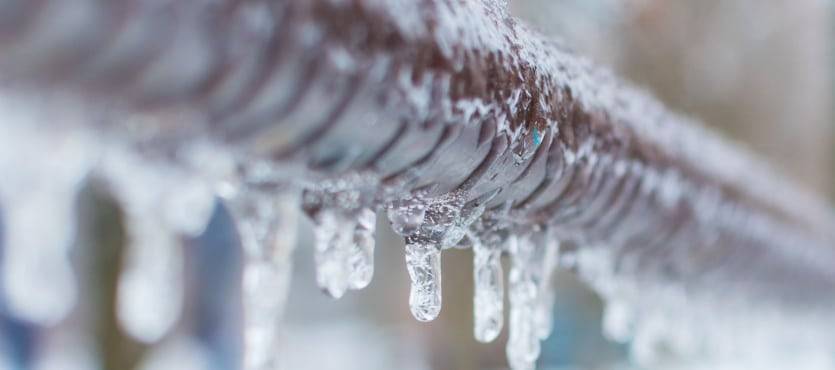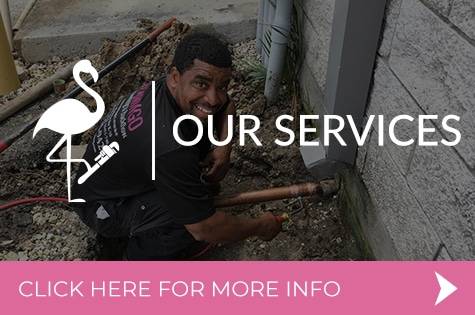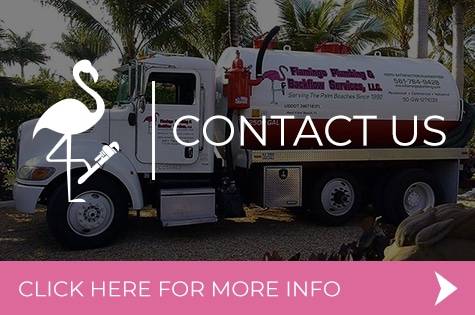With the winter setting in, protecting your home, and winterizing to avoid costly repairs throughout the cold season is essential. With each year seeming to herald winter storms stronger than last, preparing for a massive snowstorm or any other winter plumbing emergency is vital.
With winter approaching, safeguard your home by winterizing it to prevent costly repairs. Learn how to effectively prepare for winter plumbing emergencies to protect your pipes and drains.
Not only is prevention the best way to avoid problems, but you can also reduce the risk of more costly repairs later on; fixing broken pipes can be more time-consuming and challenging to manage in the blistering cold. Here are some ideas for preparing your home for winter plumbing emergencies.
Protect Your Pipes with Insulation
You may want to consider doing it now if you have not insulated your plumbing. Pipes are meant to carry hot water around your home, so insulation is crucial. It will help prevent heat loss as the water travels, but it will help prevent idle water from freezing in your pipes, causing more severe problems later on.
You should consider insulating piping in unheated areas like a garage, crawl spaces, or exterior walls. Should water freeze in your pipes and cause them to burst, repairing them will be challenging, and you will be without hot water.
Drain Your Pipes
In addition to adding insulation to your pipes, emptying them of water when not in use is essential for preventing water from freezing inside and causing a pipe to burst. This is especially important if you will be going out of town or leaving your home unoccupied for some time, as any remaining water sitting idle will inevitably freeze. When this happens, and you turn on the water upon your return, you may be in for a rude and costly surprise.
Service Your Water Heater
Your water heater is vital in providing hot water throughout your home: to your kitchen, hand-washing sinks, and showers. In most homes, and depending on where you live and the type you have, water heaters should undergo maintenance at least once per year.
A broken water heater will not lead to an emergency that will damage your home, but the last thing you will want is to take cold showers every day in the winter until you get it fixed. By regularly servicing it, you can ensure it does its job day in and day out.
Identify and Fix Leaks
Leaky pipes are always a problem, but in the winter, they can be especially troublesome. If any of your outdoor pipes are leaking, they can potentially turn into a geyser as the water freezes and expands. To avoid such an emergency, make sure your plumbing is insulated and address any existing leaks as soon as possible or as you spot them. Not only can they turn into costly repairs, but they can also drive your water bills up.
Add Removal Screen to Drains
Drains tend to be a common cause of clogging, so adding preventative measures can help avoid problems from forming later on. Consider adding a removal screen to your drains around the house, especially in the shower and bathtub, as that will make it also easier to remove any debris and hair while preventing them from entering through the drain and clogging the pipes.
Prepare Your Home for the Winter
The best way to prepare for winter plumbing emergencies is by taking preventative measures and addressing any existing problems. Learn how to prepare for winter plumbing emergencies to safeguard your home’s plumbing system. If you are looking for quality plumbing services and professional help in preparing your home’s plumbing for the winter, Flamingo Plumbing & Backflow Services can help. To learn more about our services or to book an appointment, give us a call today!






